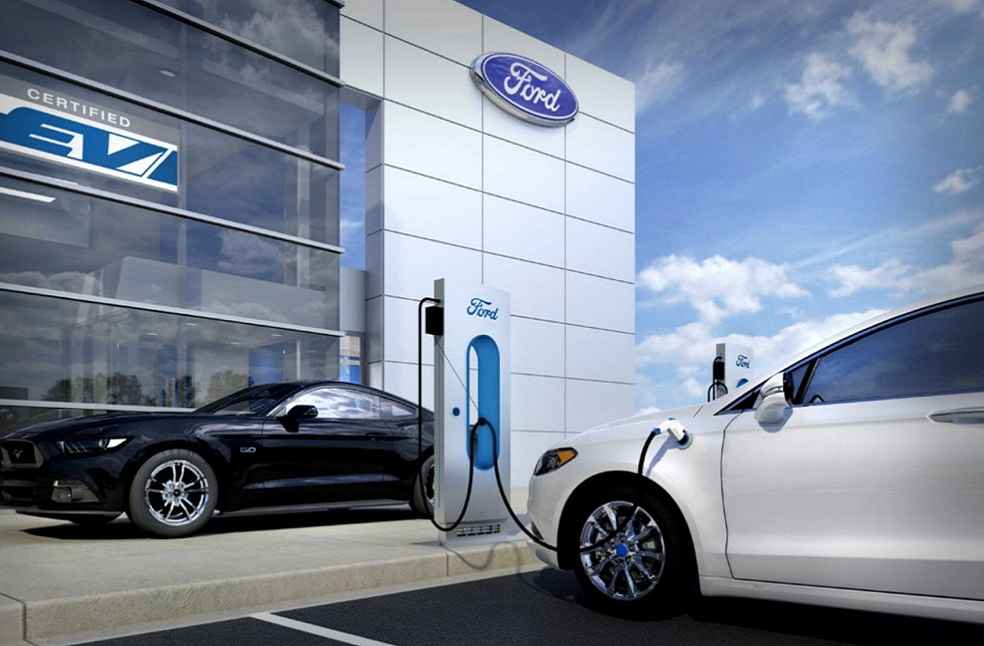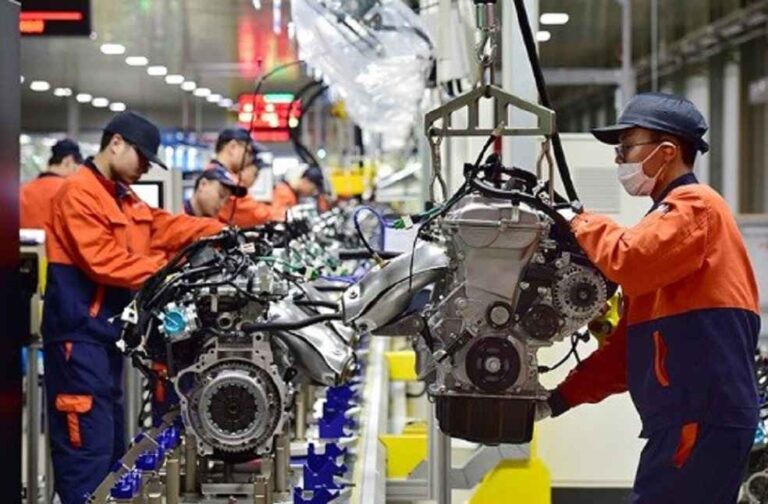Ford and Stellantis are tightening supplier contracts by introducing more stringent terms to offset the financial strain, as rising tariffs begin to drive up vehicle prices and production costs.
According to a report by Crain’s Detroit Business, Ford and Stellantis now require suppliers to accept tighter agreements as a prerequisite for new business opportunities and possible financial support tied to tariffs. This marks a notable shift in the companies’ supplier engagement strategies.
Ford has reportedly done away with a longstanding clause that let suppliers exit contracts each year—an option the company often used to strengthen its negotiating position. Under the new terms, suppliers seeking fresh deals with Ford must accept the updated conditions, which no longer offer that annual opt-out flexibility.

Stellantis is issuing updated term sheets to suppliers to strengthen its contractual enforcement following recent legal challenges. In an email to Crain’s Detroit Business, spokesperson Jodi Tinson emphasized that Michigan courts have consistently supported the company’s purchase orders. She also noted that any financial assistance provided to suppliers in connection with tariffs remains confidential.
Ford declined to provide a statement on the recent adjustments, with spokeswoman Ursula Muller saying, “We don’t comment on supplier issues or contracts.” Industry analysts, however, note that the company has historically struggled in supplier relationship evaluations. These new contractual changes reflect a strategic shift as Ford and other automakers work to preserve both consumer affordability and their profit margins amid the challenges posed by tariffs.

Suppliers, already working with thin profit margins, have stated they’re unable to take on the added expense of tariffs and plan to shift the burden forward. Meanwhile, Ford and Stellantis seem to be taking on a portion of those expenses themselves, while simultaneously reinforcing their grip on supply chain operations by revising contract terms.
DON’T MISS | Xiaomi SU7 Tops EV Resale Rankings with 89% Value Retained





